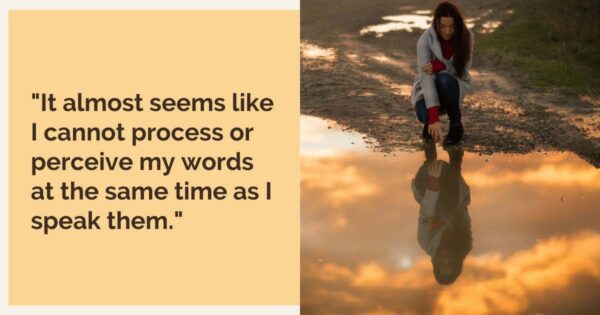Do you wish you could set healthy boundaries without guilt and without hurting your relationships? That can be hard to do.
You can learn a lot about why by looking at how you feel when other people say No to you.
It might even be that how you feel when someone says No to you is blocking you from being able to say a clear No to others.
Can you relate to any of these people?
Dawn gets depressed when someone says No to her. She feels disconnected from the person, as if the person just rejected her in a fundamental way. And she feels bad about herself. She knows she shouldn’t feel this way… and she’s working on it… but those feelings still come up.
Ted works long hours and is very stressed. The more stressed he is, the more he starts to feel that he does more than other people and he resents it. So when someone says No to a “reasonable request” – especially his adult kids – his resentment boils up and sometimes boils over.
Claire is reluctant to ask anyone for anything, because she’s worried about imposing on them. She doesn’t want to be a bother or a burden on anyone. You’d think Claire would appreciate hearing “No” from people… and part of her does… but she also has the feeling that getting a “No” means that she asked WAY too much, and she’s getting slapped down for it. So she rarely asks anyone for anything.
If you recognize parts of yourself in these stories, you’re not alone. A lot of us get triggered by hearing “No” – or even by anticipating that we WILL hear “No.” If you’d like some help, I’ve got an exercise for you. Shall we try it?
A Helpful Exercise
I’d like to share with you an exercise for shifting how it feels when someone says No to you. It might never feel great… but there’s no reason why hearing “No” from someone else should shake your fundamental sense of being OK.
First, imagine – or remember – making a request of another person and that person saying “No.” If there are several scenarios, pick the one that’s most emotionally charged for you.
Now settle in, feel your breathing, and sense into the inner area of your body – your throat, chest, stomach, abdomen. Imagine you’re hearing “No” from that person right now… and be open to the feeling that comes. Is it resentment? Shame? A sense of rejection? Or something else? Whatever it is, just notice.
Next, use this language to acknowledge the feeling: “I am sensing something in me feels…” For example, “I am sensing something in me feels resentful,” or “I am sensing something in me feels ashamed.” Notice what happens when you change your language to “something in me feels…”
You’ll probably find that you get curious about the part of you that’s carrying the feeling. You might even get an insight about what it’s connected to or where it comes from.
(For example, Claire realized her reluctance to ask anyone for anything came from how her mother treated her requests when she was a child. This allowed her to have compassion for her younger self, and at the same time feel more free to make different choices now.)
Once you’ve started turning toward your own feelings about hearing “No,” you’ll find other boundaries challenges start to pop up, like whether you deserve or have a right to honor your own needs, and separating the other person’s feelings from your own. In the next lesson, I’ll say more about how I can help with those issues too…









